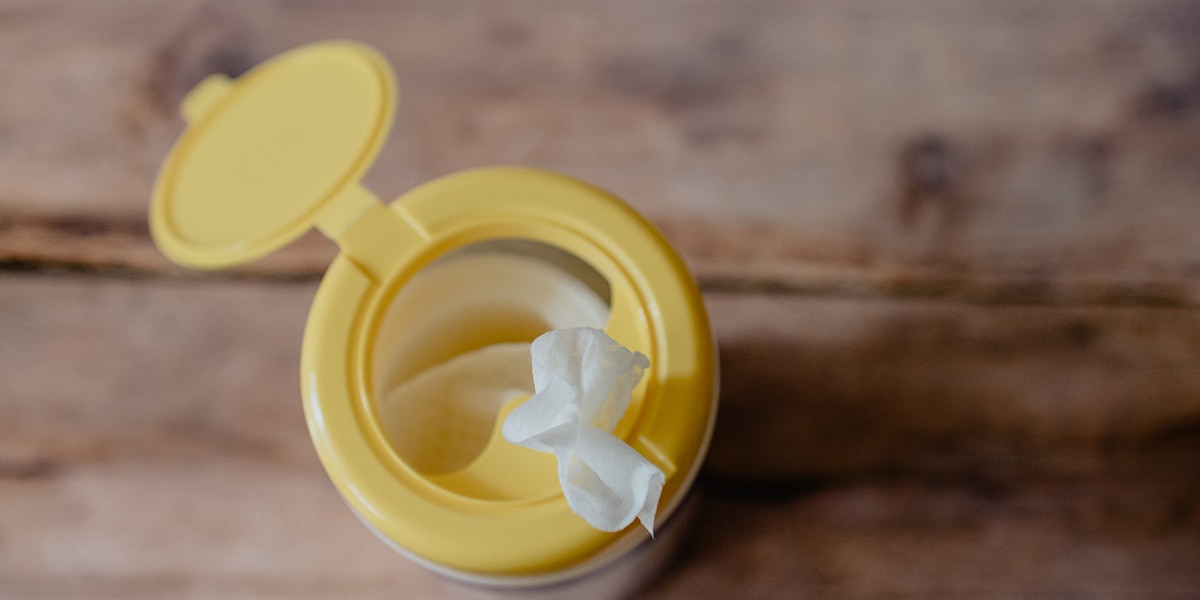I’m a clean freak. There, I said it. I buy hand sanitizer in bulk. I’m usually within arm’s reach of disinfecting wipes. And I have a deep fondness for color-safe bleach. I spend the excruciating flu season each year wishing I were in a Hazmat suit. Friends and family have gibed me about this for years, though my ears are deaf to it. This is how I’m built. But am I a smart clean freak? Until recently, no.
Perusing the ingredients of my kitchen, bathroom, and laundry cleaning supplies, I discovered words I didn’t think semantically possible. Let these roll off your tongue: diethylene glycol; benzyl ammonium chloride; nonylphenol ethoxylate. Never heard of them? You should. We all should. They’re ingredients found in most cleaners that we employ regularly. And they could be making us sick.
Ammonia, found in most window cleaners, has been linked to kidney and liver damage. The ingredients found in toilet bowl cleaner can be harmful or fatal if swallowed and can damage skin and eyes. In fact, the American Association of Poison Control Centers reported one year that over 120,000 children under 5 were involved in incidents involving everyday household cleaners.
But there are alternatives for the health-conscious consumer.
Do Your Homework
Go to epa.gov to learn about the components of cleaning products and the risks associated with them.
Go Retro
Remember when our grandmothers swore by the cleaning authority of vinegar and lemons?? They were right—and ahead of their time. Vinegar, a natural byproduct of fruits, vegetables, and grains, is nontoxic, noncorrosive, and biodegradable. It’s also effective.
Make Your Own Cleaner
There are dozens of websites—such as Keeper of the Home—that provide recipes for homemade cleaners.
Shop Smart
Don’t want to fuss with making your own? Look into companies such as Seventh Generation that offer biodegradable, phosphate- and chlorine-free ingredients in their products.
Pope Francis, trained as a scientist, understands the delicate balance we have to strike in making choices for our homes and our common home. At a general audience, he said, “Because we dwell in a common home, we cannot help but ask ourselves about the state of its health, as I sought to do in Laudato Si’. Water and air pollution, the indiscriminate exploitation of forests, and the destruction of the natural environment are often the result of man’s indifference to man, since everything is interrelated.
“Then too, there is the way we treat animals, which has an effect on the way we treat other people, not to mention what people freely do elsewhere that they would never dare do at home.
“In these and in other situations, indifference leads to self-absorption and a lack of commitment. It thus contributes to the absence of peace with God, with our neighbor and with the environment.”








